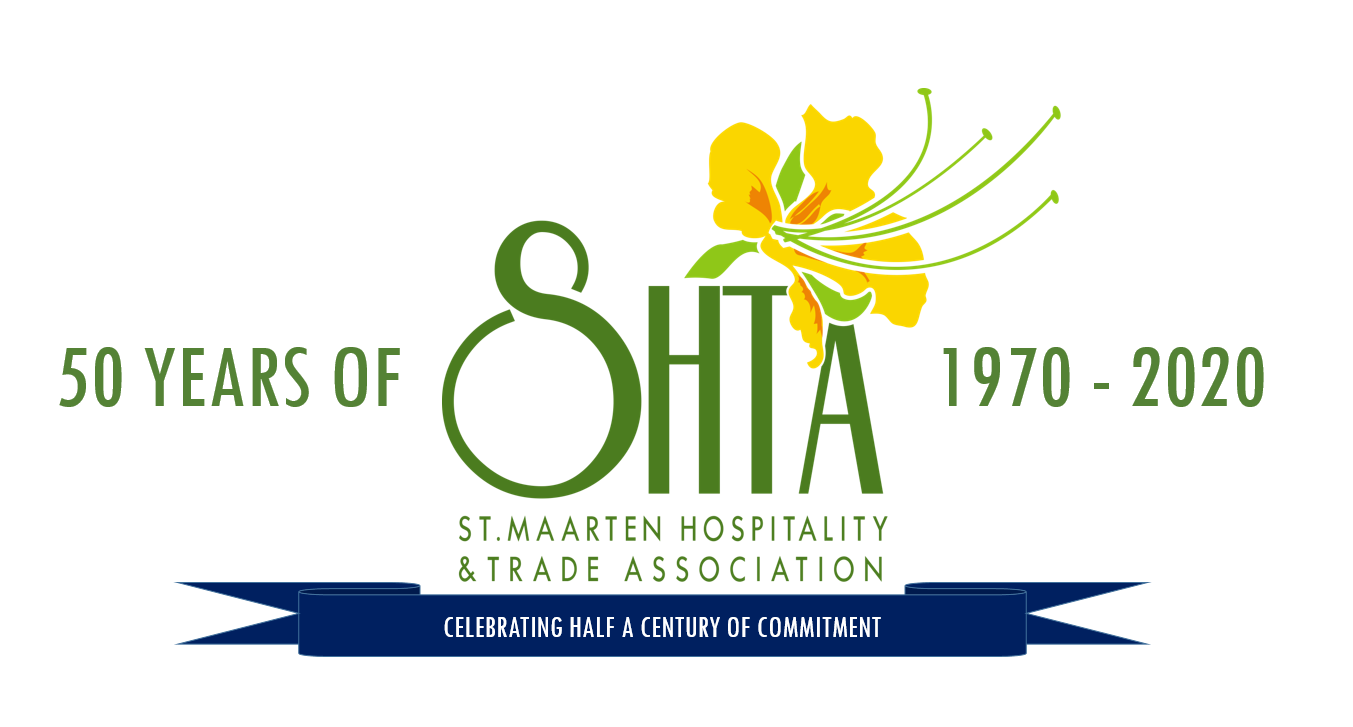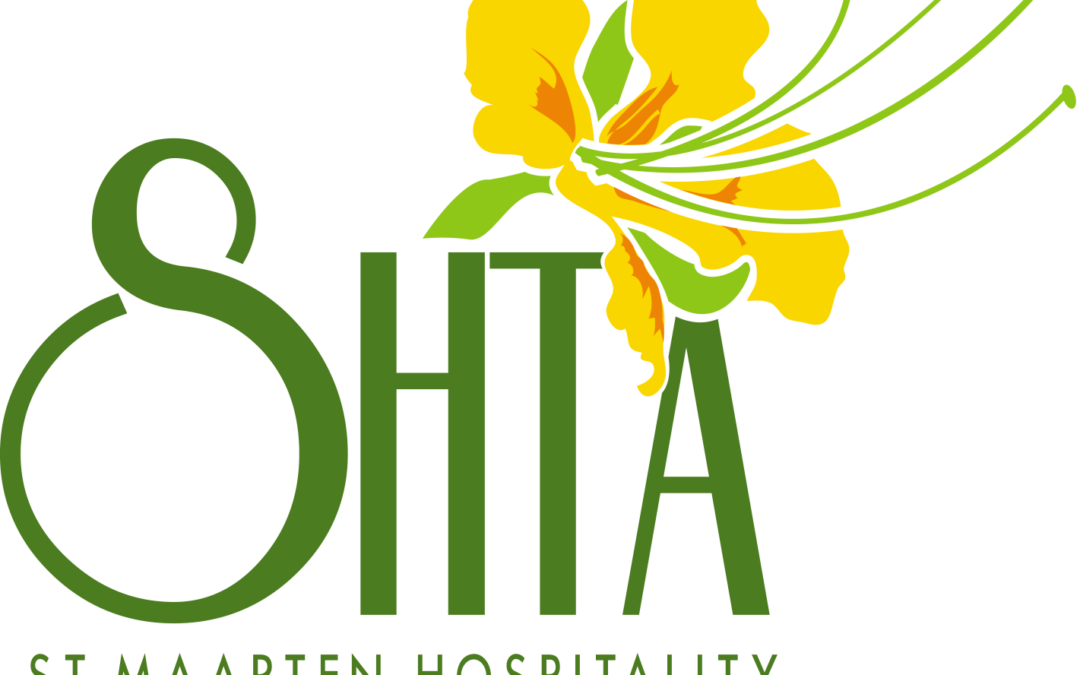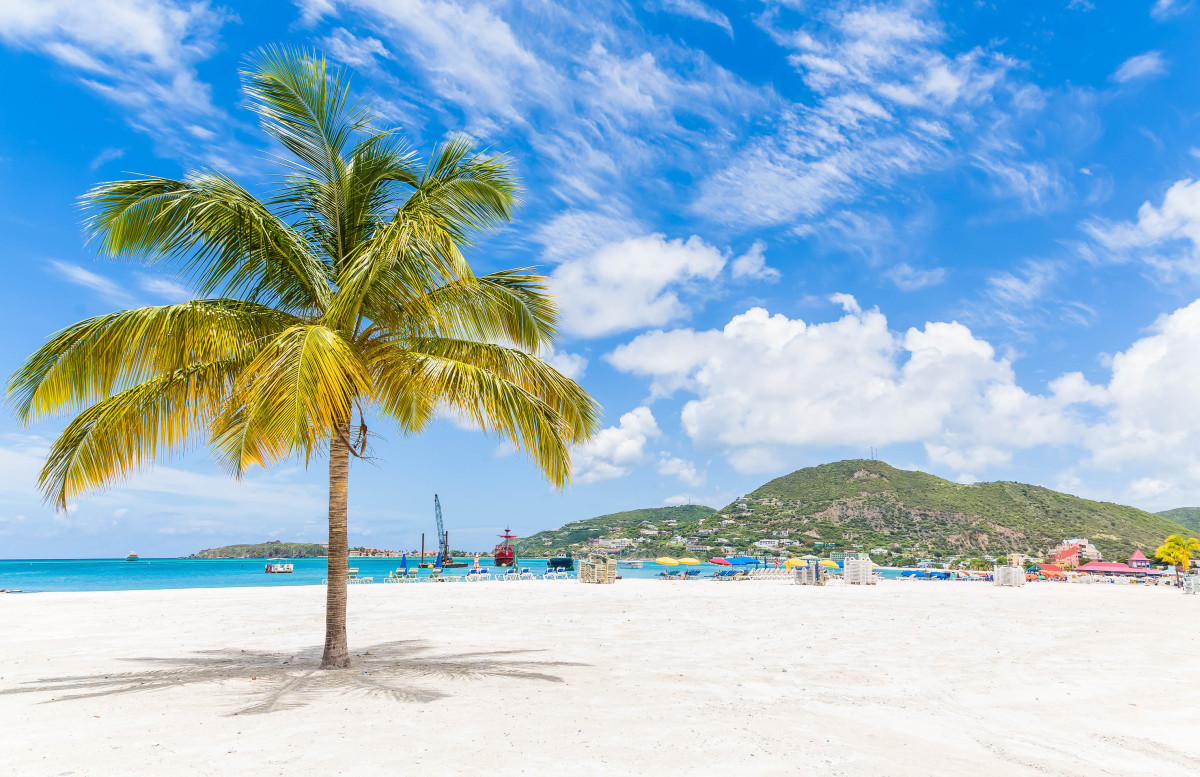SHTA thanks the Netherlands for the generous support, primarily provided through the Trust Fund set up with the World Bank but also the funds spent on early help and recovery projects as well as the liquidity support provided to our Government. Without these efforts, St. Maarten would today be much worse off than it is at this moment.
The National Recovery and Resilience Plan (NRRP) while not actually containing any form of planning does provide an overview of the total damage, losses and needs arising from the hurricane Irma disaster. SHTA commends our Government and civil servants for staying the course when prioritizing projects on which to spend the financial support funds provided through the World Bank. The training and education program executed by the St. Maarten Training Foundation is a good example of what can be achieved through understanding and cooperation.
Unfortunately, over the years, the relationship of trust between the Government (representatives) of the Netherlands and the Government (representatives) of St. Maarten deteriorated to such a low level that the successful and (relatively) efficient execution of similar efforts after the hurricanes Luis (1995) and Lenny (1999) could not be repeated. Instead, the Netherlands opted for interposing the World Bank for the disbursements and accountability of the available funds. While SHTA acknowledges the efforts and hard work provided by the people of the World Bank, the civil servants from both St. Maarten and the Netherlands, as well as other Government officials, it cannot be denied that the direly necessary projects are bogged down in procedures and red tape.
SHTA would like to echo the original request made by the Governor to the Formateur of our current Government Coalition, specially ensuring that among the many projects emphasis be given to the recovery of the tourism sector. So far, actions of the World Bank and the Economic Recovery Plan do not show this emphasis.
Today, more than 13 months after the storm, not 1 cent has been spent on real economic recovery in the form of support for the business sector recovery. From information received during several meetings and discussions with World Bank representatives it appears that developing the required regulatory infrastructure and going through the process will take at least until May – June 2019. This means that the business recovery funding will most likely not be provided to businesses effected by Irma who by that time have been (forced to decide to) closed indefinitely but to new businesses starting up.
Even though it would, in SHTA’s view, still be economic recovery it is no longer business recovery in a literal sense. Even though it is unclear to SHTA whether such recovery is even allowed under the Trust Terms agreed upon between the Netherlands, St. Maarten and the World Bank, the business owners that were forced to close will call it “covering the well after the calf has drowned”.


